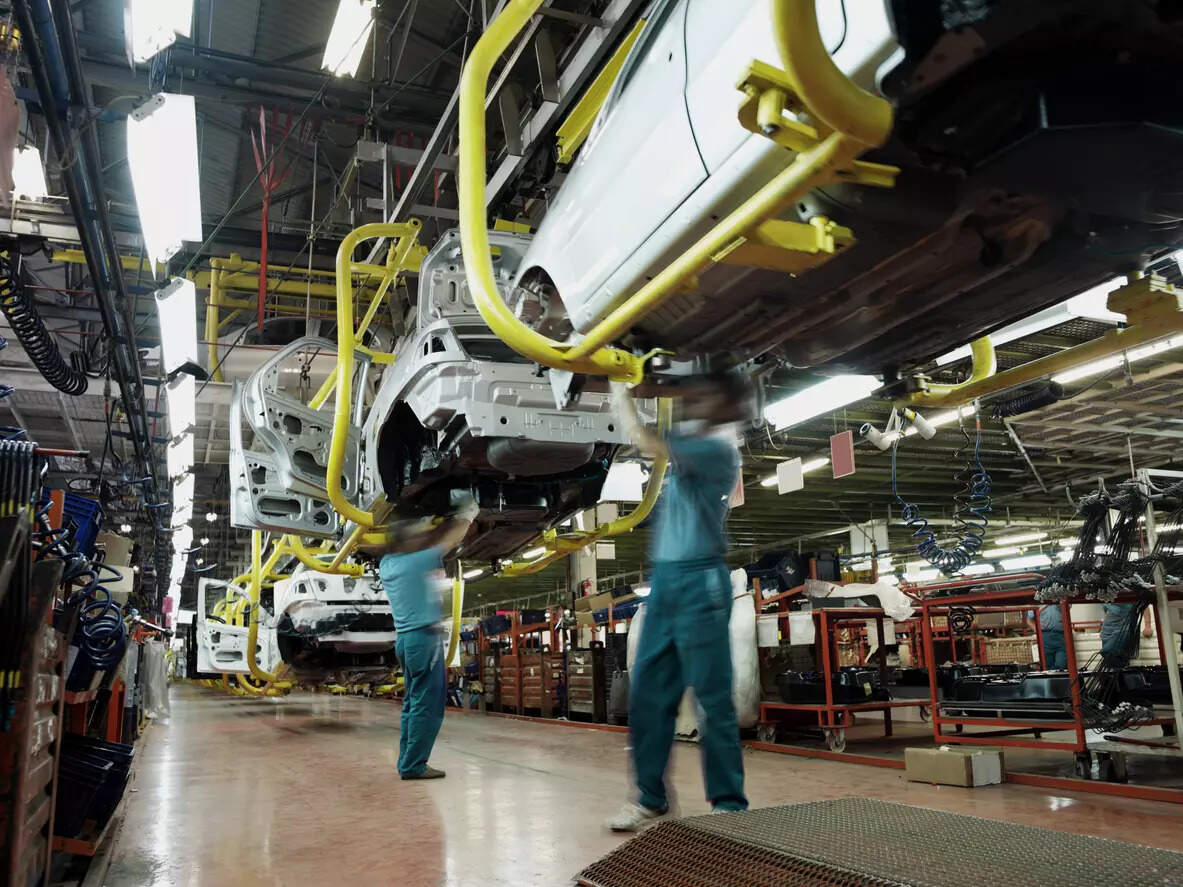
Tamil Nadu’s auto backbone is crucial for its manufacturing muscle. As the state government focuses on sunrise sectors such as electronics, green energy, defence and aerospace, the automotive sector continues to be the main investment attraction. Guidance Tamil Nadu data shows that while the state signed 17 MoUs so far this fiscal for an investment of INR 25,535 crore, just three auto investments accounted for 79% of the money at INR 20,238 crore.
State government officials say auto-driven growth is unsurprising since much of the new investment is from traditional big auto diversifying into electric mobility or allied areas. “Even sunrise investments in Tamil Nadu are built on the strengths of traditional manufacturing,” says Vishnu Venugopalan, MD & CEO, Guidance Tamil Nadu.
“There are parts of the EV story that overlap with the traditional automotive segment as many auto OEMS are getting into electric mobility. But the state government is also pursuing some more opportunities for automobile-related investments,” says S Krishnan, additional chief secretary, industries. That includes looking at potential buyers for Ford India’s now shut factory at Maraimalainagar. According to government sources, multiple parties have shown interest and the state is looking to close the deal by the end of this financial year.
Tamil Nadu’s auto-plus focus is deliber ate. Its investment strategy is to piggyback on auto infrastructure. “We intend our industrial strategy to be broadbased so we get investments both in sectors where we are traditionally strong as well as sunrise sectors,” says Krishnan. “Many companies feel ICE vehicles will continue for some more time. So incremental investments are happening even as they pump in EV investments,” he adds. “Both Hyundai and Renault Nissan big-ticket investments are in this category,” says Krishnan.
This claim is backed up by how frequently brownfield and incremental auto investments have come back to Tamil Nadu.
“TN is strong as an auto hub so it can attract incremental investments despite competition from states such as Maharashtra, Gujarat and Madhya Pradesh,” says Vinod Aggarwal, president of the Society of Indian Automobile Manufacturers. “TN is industry friendly and even our own plant Royal Enfield (Aggarwal is CEO of Volvo Eicher Commercial Vehicles) has been investing consistently in the three factories in the state,” he adds. Eicher Motor MD Siddhartha Lal announced late last week that the fourth land parcel of 60 acres at Cheyyar will be used once Royal Enfield uses up its 1.2-millionunit capacity across Tiruvottiyur, Oragadam and Vallam Vadagal.
Beyond the big investments, the real impact of auto is the trickledown. “Hyundai, for example, has 400-plus vendors that are all MSMEs. Each auto investment creates its own vendor ecosystem,” says state MSME secretary V Arun Roy. Over the years, Tamil Nadu MSMEs have developed an expertise in auto as tier-3 and tier-4 suppliers in hubs such as Irungattukottai. But, just as importantly, they also “cater to facility management services in big auto factories, including transportation and logistics,” he adds. All of which means big auto is critical to TN’s MSME health. This vendor ecosystem is one of the reasons why the state is “continuously getting enquiries for expansion and new projects as existing auto players, both OEMs and suppliers, are expanding into EV and why even in exports, EV will be an opportunity”, says Venugopalan of Guidance TN.
But there’s a flip side too. “Once the EV revolution happens and the number of auto parts comes down, the MSME sector has to manage that change successfully,” says Arun Roy. Otherwise, what is now a growth engine can get stuck in first gear during transition.

